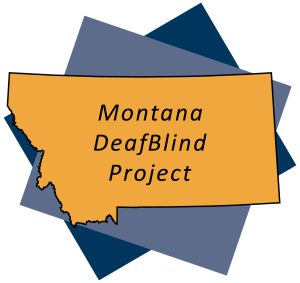The term “DeafBlind” can be misleading. It implies the complete absence of vision or hearing. In reality, only about 6% of children who are DeafBlind are without any sight or hearing. While most individuals have some usable vision and/or hearing, no two children with DeafBlindness are alike.
- What is DeafBlindness?
- Definitions of DeafBlindness
- Causes of DeafBlindness
- Understanding Deafblindness- Chapter 2 from Remarkable Conversations
The loss of vision and hearing, even minor losses, can greatly impact development and learning. Children who are DeafBlind must be taught using strategies that are responsive to their individual sensory, cognitive, and physical skills. We encourage you to explore other areas of this website to gain more specific information about best educational practices for individuals who are DeafBlind.


